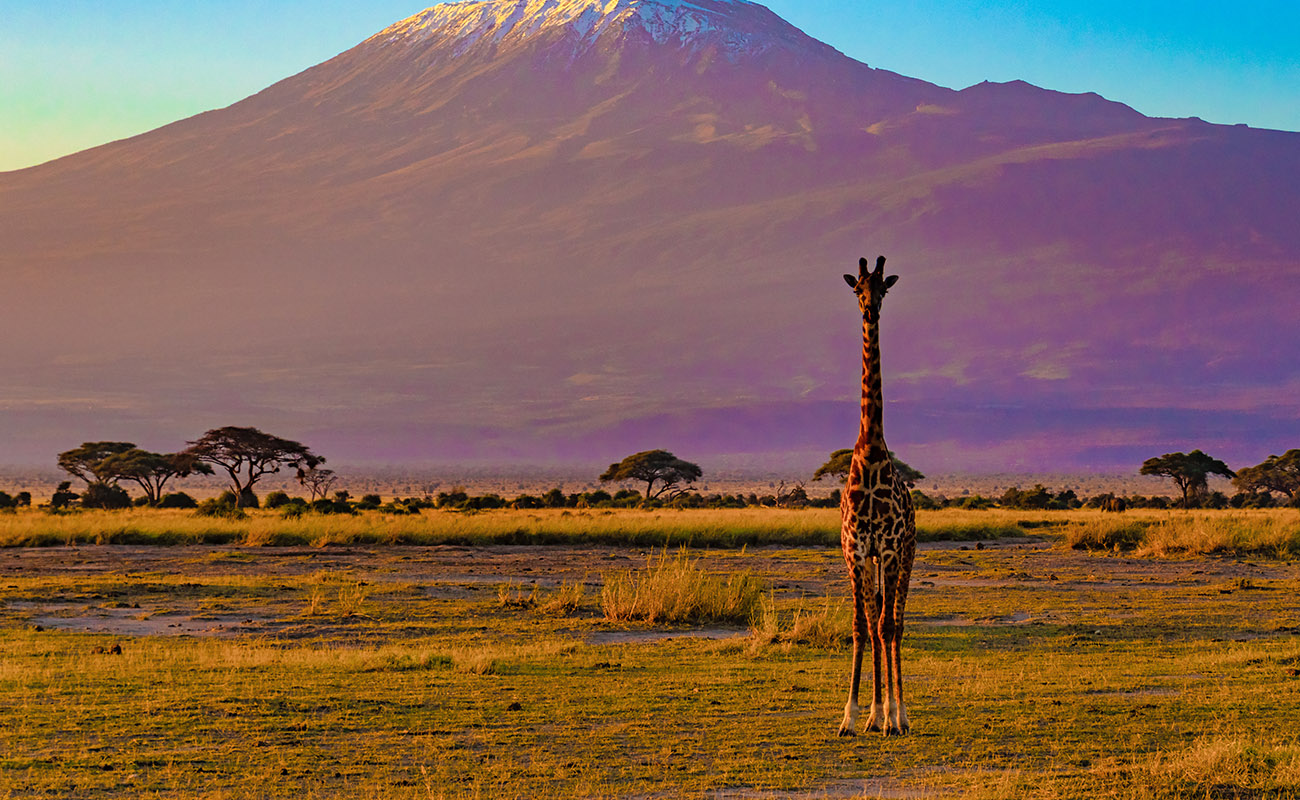When is the best time to go on Safari in Africa?

The best time to go on safari in Africa is from May to September. This corresponds with the Dry season in the main safari countries. At this time of year you are likely to see more wildlife because the vegetation thins out and the animals gather around surviving water sources. It is also cooler and the chance of rain interrupting your safari is very low.
5 Factors That Influence the Best Time of the Year To Go on an African Safari
There are several factors that determine the best time to go on safari in Africa. What might be the best time for you isn’t necessarily the best time for someone else. To some extent, the best time depends on what factors are most important to you. So here are 5 factors to take into account when deciding on the best time to go on Safari
Wildlife Viewing
Most African parks and reserves offer a different wildlife-viewing experience at different times of the year. Generally, the best time to visit is in the Dry season. This is when animals gather around remaining water sources, such as rivers and waterholes, and thinning vegetation makes spotting easier. Specific events, such as the annual wildebeest migration, require more careful timing
Climate & Weather
As everywhere in the world, Africa has its seasons. Southern Africa experiences summer and winter, but at opposite times to those seasons in the northern hemisphere. It isn’t always warm in Africa; early mornings and evenings can be very chilly in most parks during the (mostly dry) winter months. Due to its close proximity to the equator, there is no winter and summer in East Africa. Instead the seasons are mostly dominated by the rains. In some areas, traveling in the Wet season can be problematic. The Dry season, with its sunny days, is usually ideal for a safari holiday.
Scenery
The African landscapes change with the seasons. While wildlife viewing is often best at the end of the Dry season, the scenery is at its best in the Wet season. After a long Dry season without any rain or moisture, the first rains come as a relief as a lot of dust gets washed away and the sky gets cleared of haze. The end of the Wet season, when everything is fresh and lush, is often most spectacular. Spring flowers are usually most prolific at the beginning of the Wet season.
Costs
The cost of packages can also influence when to go on safari in Africa. This often depends on the season. Many safari destinations have low- and high-season rates. High season mostly coincides with the best wildlife-viewing months or the Dry season. Traveling in the Wet season or the shoulder months can be a bit more challenging, but it is usually a lot less crowded and the scenery is at its best. In some countries, such as South Africa, which is popular with families, there might be peak-season rates during school holidays.
How Busy It Is
Luckily Africa isn’t really geared toward mass tourism. It rarely gets very crowded on safari. However, some of the more popular parks and reserves can get busy at certain times of the year. You can usually avoid the crowds by booking smaller accommodation in well-chosen locations. However, these exclusive lodges tend to be pricey. Another way to avoid the crowds is by traveling in the off-season. This usually, but not always, coincides with the Wet season. In some cases, the shoulder months might be the best compromise
